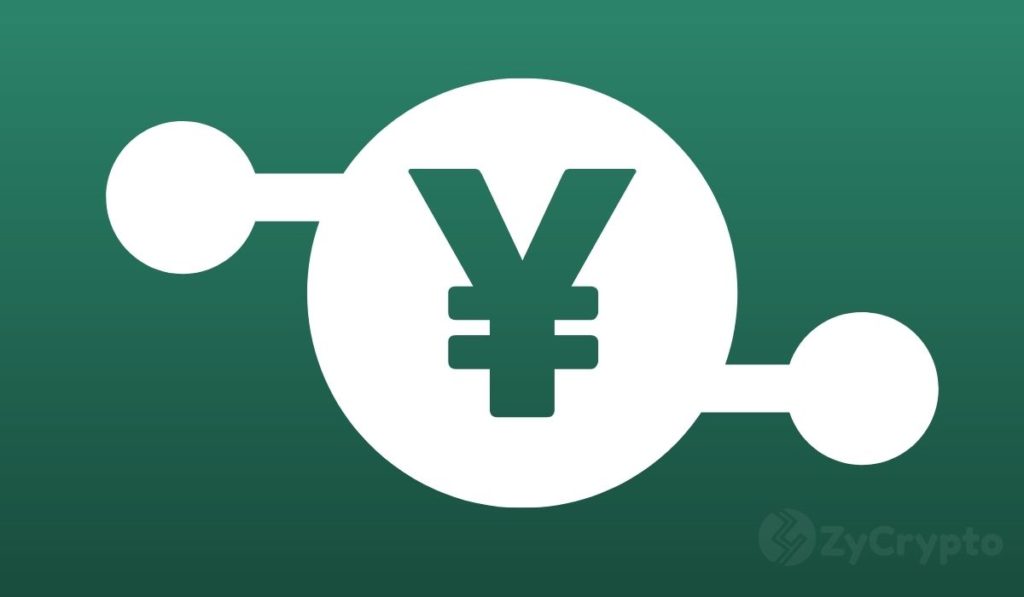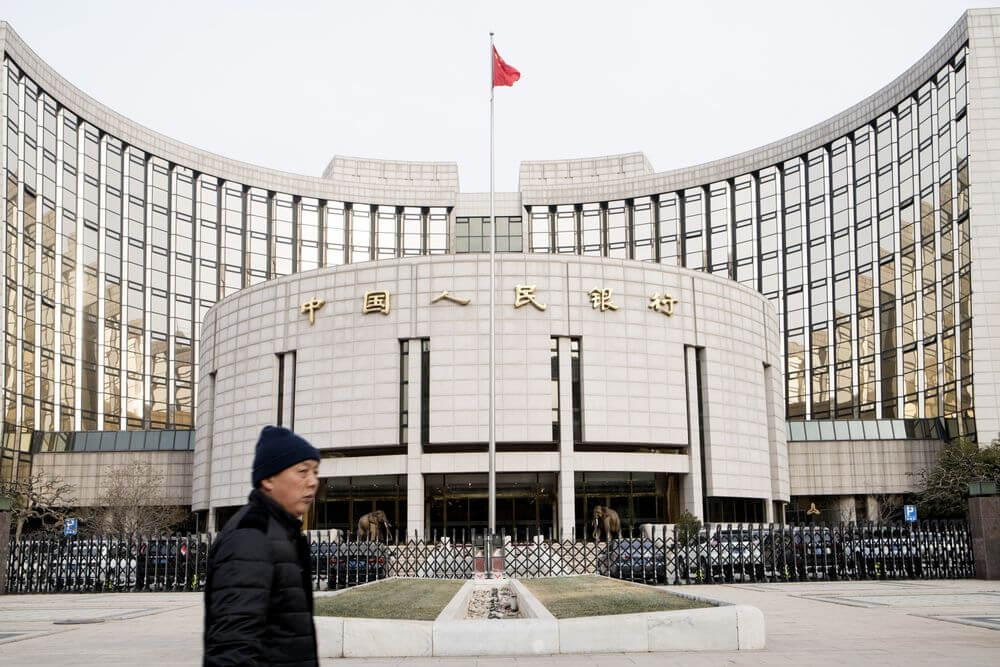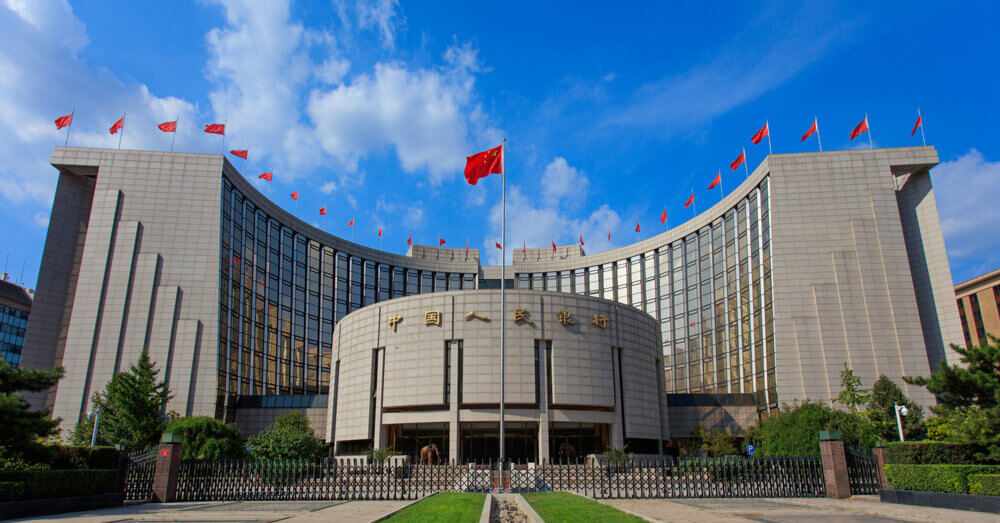2019-2-1 00:16 |
China Might Launch A Centrally-Managed Digital Currency, Multiple Reports Suggest
Towards the end of 2017, Chinese miners had accounted for about 75% of the Bitcoin (BTC) network’s hashing power and nearly 95% of global BTC trading volume. However, China’s government moved towards banning initial coin offerings (ICOs) and started clamping down on local crypto exchanges in late 2017.
In December 2017, it became illegal in China to raise funds for businesses through ICOs and it also became unlawful to operate digital currency exchanges. These measures were taken by authorities because of the large number of scams associated with cryptocurrencies. The Chinese government also perceived decentralized blockchain-based currencies as a threat to the nation’s tightly controlled fiat-based financial system.
Chinese Government Threatened By Decentralized CryptocurrenciesAt the time when China’s regulators banned crypto-related activities, Hacker Noon had pointed out that “Chinese economic initiatives including One Belt One Road are highly dependent upon them retaining and increasing their influence over the international flow of money.” Peer-to-peer (P2P) digital currencies could have potentially weakened the Chinese government’s control over the country’s money supply.
Although Chinese authorities and even billionaire business tycoon Jack Ma have been critical of cryptos, the nation’s president, Xi Jinping has said on several occasions that blockchain technology has the potential to improve many traditional business processes. In May 2018, the
China Center for Information Industry Development (CCID) launched a public blockchain assessment index, and began establishing standards for blockchain projects.
Blockchain, But Not Bitcoin?In an interview with Finance Magnates last year, Desmond Marshall, the managing director of the Floor, a global fintech innovation center based at the Tel Aviv Stock Exchange (TASE), said that China was experiencing a “big boom” in its “tech sector” and that many people were seriously exploring the use cases for blockchain technology.
Marshall, who is also the founder of crypto investment firm, Rogue Ventures, revealed last year (in August) that “from the [Chinese] government itself to local provinces, down to new startup companies” were developing blockchain-based solutions for “pretty much anything you can think of.” In addition to many different distributed ledger technology (DLT)-based initiatives, there had been reports in June 2017 that the Chinese government was planning to develop its own cryptocurrency.
Stablecoin Prototype Reportedly DevelopedIn mid-2017, reports had surfaced that the People’s Bank of China (PBOC) had created a prototype of a national digital currency. The reserve bank had also reportedly tested the cryptocurrency by using it to conduct transactions between local financial institutions.
Yao Qian, who works at the technology department at PBOC, stated in November 2017 that:
“It’s crucial to speed up the research and issuance” of the state-controlled digital currency. Although there have not been any recent confirmed reports about China’s national crypto, there were sources that had said (at the time of the initial reports) that the PBOC was developing a stablecoin.”
As crypto enthusiasts know, a stablecoin is usually pegged 1-to-1 with the USD or Euro, meaning that the number of units of a particular stablecoin in circulation is backed by (or should be) an equivalent amount of fiat currency held in reserves. Because China’s central bank would be issuing the stablecoin (if it does), it is quite likely that the coin is simply a private blockchain-based digital version of the Chinese Yuan (CNY).
Staying Competitive With A StablecoinAlthough there is nothing that has been announced officially in recent updates about a state-backed crypto, an independent Chinese researcher at PBOC had published a report (in December 2018) titled “A Brief Analysis of Stablecoins.” The report had stated that a country’s economy would remain competitive in the future where there could be many different privately-managed stablecoins. According to the report, “a central bank-issued fiat digital currency” would work well in an economy that includes several other cryptocurrencies.
In December 2018, LeapRate had reported that a Chinese firm called Grand Shores Technology Group was working on creating a stablecoin which is reportedly expected to be launched next month. Per the report, Grand Shores is supported by the Chinese government’s offices in Hangzhou, the capital of the nation’s Zhejiang province.
Notably, Grand Shores’ management said that the stablecoin would be pegged to the Japanese Yen (JPY), and not the Renminbi because the Chinese central government may not approve of a digital currency linked to the CNY.
NEO, China’s Official Crypto?Interestingly, sources told Finance Magnates that there had been reports last year that NEO, often referred to as China’s Ethereum, would be considered as China’s national crypto. Because the NEO platform requires its users to comply with regulatory policies including know-your-customer (KYC) requirements, it is likely that the Chinese government would support a tightly regulated cryptocurrency – as opposed to backing decentralized cryptos like bitcoin.
At present, it remains unclear exactly how a national stablecoin, or digital currency, could potentially benefit China’s economy. Other countries including the isolated nation of Iran, Russia, Sweden, and tech-savvy Estonia have previously announced plans of developing their own cryptocurrency.
A State-Controlled Digital Currency Could Be “Easier To Trace”To date, there is no nation that has actually issued its own (legitimate) national cryptocurrency, with the exception of the controversial Petro cryptocurrency that has been released by the government of Venezuela. Last year, a four-month-long investigation by Reuters revealed that there was “no evidence” of the Petro being used by Venezuela’s residents and it is not trading on any well-known exchanges.
Whether a centrally-managed stablecoin or cryptocurrency can actually help a nation’s economy is not known at this time. Should China issue a state-backed crypto, then PBOC researcher Yao Qian believes it would become “easier to trace, allowing the central bank to monitor its velocity and the whereabouts of the money and improve its monetary policies accordingly.”
In addition to the government being able to track transactions easily, it could become impossible to counterfeit money – which is notably a big problem in China. In order to prevent money laundering, the largest bill that is currently printed is 100 CNY, an amount valued at only about $15. However, Chinese authorities have to deal with a large number of counterfeit bills circulating in China.
Shopkeepers are well aware of the counterfeit currency notes and always check before accepting it from all their customers. With the introduction of a digital currency, it might finally solve the problem of fake money being circulated.
origin »Bitcoin price in Telegram @btc_price_every_hour
Bitcoin (BTC) íà Currencies.ru
|
|
























